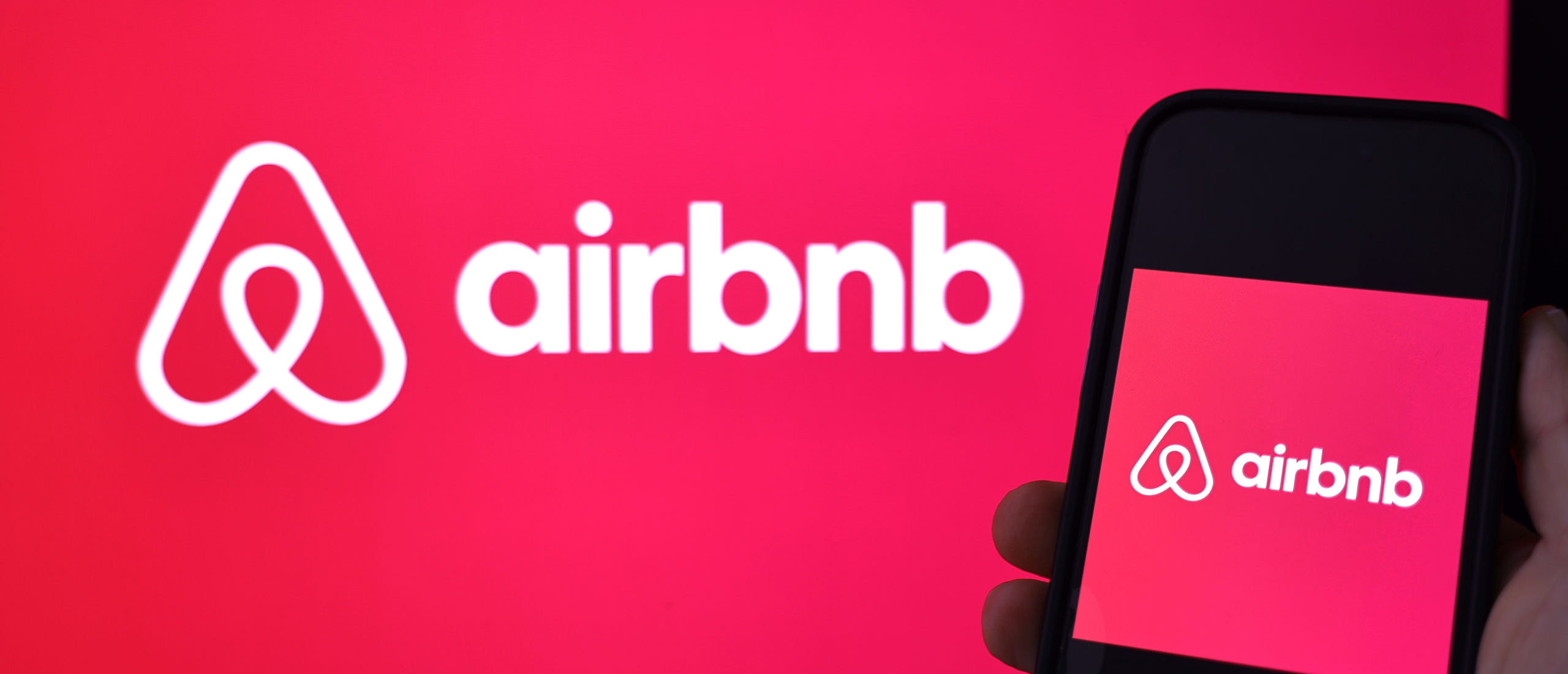

Short-term rental platform Airbnb has announced a ban on indoor security cameras in rental properties, effective from the end of April. Previously, hosts were allowed to install security cameras in common areas but were required to disclose them, make them visible, and keep them out of sleeping areas and bathrooms. However, hidden cameras have been an ongoing issue, with guests reporting encounters with them. The new rule change will require hosts to remove indoor cameras and disclose any outdoor monitoring technology to guests before they book. Airbnb will investigate reported violations and may penalize violators by removing their listings or accounts. It is worth noting that the majority of Airbnb listings do not mention the presence of a security camera, so the rule change may not have a significant impact on most listings. Another short-term rental platform, Vrbo, already prohibits the use of visual and audio surveillance inside properties. In addition to the indoor camera ban, Airbnb's new rules also require hosts to disclose the use of noise decibel monitors or outdoor cameras to guests before booking. The platform will also prohibit hosts from using outdoor cameras to monitor indoor spaces and from monitoring certain outdoor areas with a greater expectation of privacy, such as outdoor showers and saunas.
The ban on indoor security cameras by Airbnb aims to protect guest privacy and address concerns about hidden cameras in rental properties. By implementing this rule change, Airbnb is taking steps to ensure that guests feel safe and secure during their stays. The move follows reports of guests discovering hidden cameras in their rentals, which raised concerns about privacy violations. The ban will require hosts to remove any existing indoor cameras and disclose the use of outdoor monitoring technology to guests. Airbnb will actively investigate reported violations and take appropriate action, including removing listings or suspending accounts. The ban aligns with the approach of other short-term rental platforms like Vrbo, which already prohibits the use of visual and audio surveillance inside properties. By setting clear guidelines and enforcing them, Airbnb aims to maintain trust and confidence among its users and uphold guest privacy.
In addition to the ban on indoor security cameras, Airbnb is using artificial intelligence (AI) to predict and block parties in New Jersey. The platform has partnered with Swedish property tech company Minut to provide hosts in New Jersey with free noise detection devices. These devices use AI and machine learning technology to identify reservations that are potentially higher risk for a disruptive party and prevent those bookings from going through. Last summer, 67,500 people across the U.S. were deterred from booking home listings over Memorial Day and Fourth of July weekends, with 1,800 people blocked in New Jersey. Since launching its heightened holiday system in May 2023, Airbnb said more than 860,000 guests worldwide have been blocked or redirected from attempting to book a property. This partnership and the use of AI technology demonstrate Airbnb's commitment to preventing disruptive parties and maintaining a peaceful environment for both hosts and guests in New Jersey.
Overall, Airbnb's ban on indoor security cameras and its use of AI to predict and block parties in New Jersey reflect the platform's dedication to protecting guest privacy and ensuring a positive experience for all users. By implementing these measures, Airbnb aims to address concerns about hidden cameras and disruptive parties, maintain trust among its users, and uphold its reputation as a reliable and secure short-term rental platform. [c4b9c264] [6143d974]